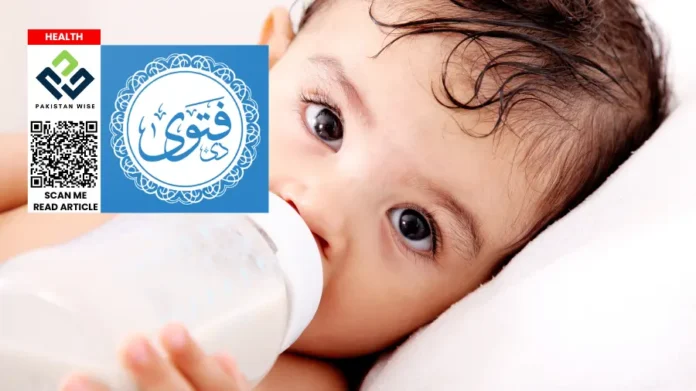The pioneering Human Milk Bank, initiated by the Sindh Institute of Child Health & Neonatology (SICHN), has faced a significant setback. Despite its noble cause, providing essential breast milk to premature infants, the bank has been halted due to a new religious decree. This article delves into the details of this initiative, the reasons behind its suspension, and the implications for maternal and child health in Pakistan.
The Birth of a Lifesaving Initiative
Launch and Objectives
In early 2024, the Sindh Health Minister, Dr. Azra Pechuho, launched Pakistan’s first Human Milk Bank. This initiative received robust support from UNICEF and the Pakistan Pediatric Association (PPA). The primary aim was to provide breast milk to premature infants who lack adequate maternal nutrition. These infants, often born before 34 weeks and weighing less than 2 kg, face severe health risks without proper breast milk.
The Role of SICHN
The Sindh Institute of Child Health & Neonatology (SICHN) spearheaded the project. The institute’s spokesperson emphasized the urgency of the initiative, stating that it aimed to save the lives of vulnerable newborns. The bank planned to collect breast milk from Muslim donors and distribute it to Muslim infants free of charge, ensuring no commercial transactions were involved.
The Religious Context
Initial Approval and New Fatwa
In December 2023, a fatwa (Islamic legal ruling) approved the establishment of the Human Milk Bank. However, on June 16, 2024, a new fatwa led to the project’s suspension. This decision prompted SICHN to seek further guidance from Jamia Darul Uloom Karachi and the Council of Islamic Ideology (CII).
Seeking Religious Conformity
The SICHN spokesperson confirmed ongoing discussions with religious scholars to ensure the project aligns with Islamic principles. The goal is to find a solution that allows the bank to operate within the religious framework.
Health Implications for Infants
The Importance of Breast Milk
Breast milk is crucial for the health and development of premature infants. It provides essential nutrients and antibodies that help protect against infections and other health complications. Without access to breast milk, these infants are at a higher risk of severe health issues and early mortality.
Potential Consequences of the Suspension
The suspension of the Human Milk Bank may have dire consequences for premature infants in Pakistan. Without this source of nutrition, the health and survival rates of these vulnerable babies could be significantly impacted.
Moving Forward: The Path to Resolution
Engaging Religious Scholars
To address the concerns raised by the new fatwa, SICHN is actively engaging with religious scholars from Jamia Darul Uloom Karachi and the Council of Islamic Ideology. These discussions aim to find a religiously acceptable solution that allows the Human Milk Bank to resume operations.
Exploring Alternatives
In the meantime, SICHN and other stakeholders are exploring alternative solutions to provide adequate nutrition to premature infants. This includes potential modifications to the project that align with religious guidelines.
Conclusion
The suspension of Pakistan’s first Human Milk Bank highlights the complex interplay between health initiatives and religious beliefs. While the project aimed to address a critical health need, it must also navigate the religious context in which it operates. Through continued dialogue and collaboration with religious scholars, there is hope that a resolution can be found that benefits both the health of premature infants and adheres to Islamic principles.
Statistics on Premature Infant Health in Pakistan
| Statistic | Value |
|---|---|
| Premature births per year | 748,100 |
| Infant mortality rate | 57 per 1,000 live births |
| Percentage of infants born <34 weeks | 10% |
| Average weight of premature infants | <2 kg |
| Breast milk access | Critical for survival |
By addressing the nutritional needs of premature infants and ensuring religious compliance, Pakistan can make significant strides in improving maternal and child health outcomes.

